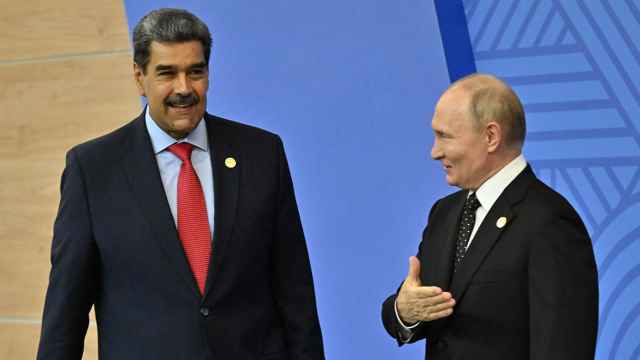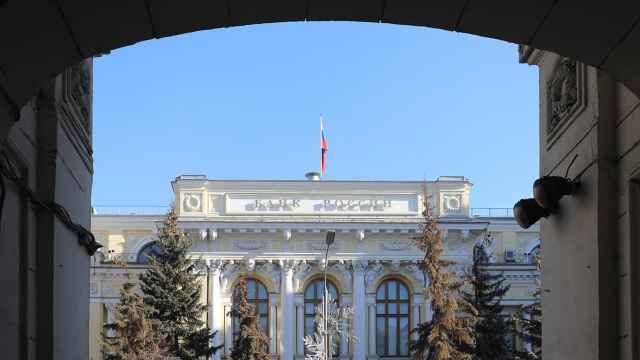BERLIN — German authorities have arrested two Russians suspected of espionage since the closing days of the Cold War, according to a report to be published in Der Spiegel news magazine on Monday.
Germany's federal prosecutor confirmed that two people suspected of espionage activities for a foreign country had been arrested Tuesday in the states of Baden-Wuerttemberg and Hesse by Germany's elite GSG-9 special operations commando.
The prosecutor's office, based in the southwestern town of Karlsruhe, did not identify the suspects as Russian spies.
"The accused are suspected of having worked in Germany over a long period of time for a foreign intelligence agency," the federal prosecutor said in a statement. "The Federal Crime Office is investigating."
Der Spiegel reported that the GSG-9 commandos arrested a Russian couple identified as Heidrun A. and Andreas A. It said authorities believe that the two had worked for Russian intelligence since 1988.
The report, in an advance released over the weekend, said the two suspects have denied the accusations.
The magazine said Heidrun was caught listening to a coded radio message when commandos swooped in. They were arrested in separate locations, in the towns of Marburg and Balingen.
The authorities also confiscated Austrian passports that contained false information. The documents showed that Andreas was born in Argentina and Heidrun in Peru. But German investigations in South America determined that those claims were not accurate.
Another German magazine, Focus, reported Saturday that Andreas had been working undercover at a car parts supplier and had been gathering intelligence on the company.
West and East Germany were hotbeds of espionage during the Cold War, with governments and industry on both sides of the Iron Curtain infiltrated by spies.
But the intensity of spying abated after the collapse of communism in Eastern Europe and German unification.
The arrests, which Der Spiegel said were the first such ones since German unification in 1990, could cause tensions in relations between Germany and Russia, which have become close over the last two decades.
In a 2010 government report, German authorities said they believed that Russia and China are engaged in massive espionage activities against Germany. Their focus was in the fields of industry, science and technology.
It said they were particularly interested in obtaining information about modern drive systems as well as satellite and IT technology.
A Message from The Moscow Times:
Dear readers,
We are facing unprecedented challenges. Russia's Prosecutor General's Office has designated The Moscow Times as an "undesirable" organization, criminalizing our work and putting our staff at risk of prosecution. This follows our earlier unjust labeling as a "foreign agent."
These actions are direct attempts to silence independent journalism in Russia. The authorities claim our work "discredits the decisions of the Russian leadership." We see things differently: we strive to provide accurate, unbiased reporting on Russia.
We, the journalists of The Moscow Times, refuse to be silenced. But to continue our work, we need your help.
Your support, no matter how small, makes a world of difference. If you can, please support us monthly starting from just $2. It's quick to set up, and every contribution makes a significant impact.
By supporting The Moscow Times, you're defending open, independent journalism in the face of repression. Thank you for standing with us.
Remind me later.





